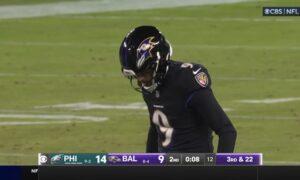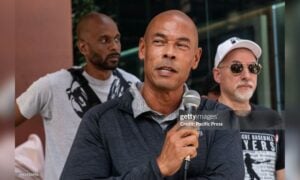The original settlement, which is now obsolete in light of the amendments, included within its provisions what was essentially a cap on funding, a ceiling for the amount that the league would be asked to pay. The amount of $765 million was initially agreed upon by both parties based upon actuarial estimates.
Judge Anita Brody denied that original settlement preliminary approval, which resulted in the two sides ultimately removing the funding cap, as well as a waiver that would disregard settlements related to other football leagues, including the NCAA.
Judy Brody has now given preliminary approval to the amended agreement, as of yesterday. The legal proceedings are far from over, however.
The next step in the process is the beginning of the sending of notice of settlement to all members of the class action lawsuit, which encompasses all retired players. The class members then have the opportunity to choose to opt out of the settlement, or to offer a challenge, which some players had already done.
In other words, the preliminary approval by the judge simply means that the settlement has been accepted as a working agreement by the judge. It is the first step in what could still be quite a road before players actually receive any payment.
On behalf of the league, NFL Senior Vice President of legal affairs Anastasia Danias said in a statement, in part, “we are grateful to Judge Brody for her guidance and her thoughtful analysis of the issues as reflected in the comprehensive opinion she issued today”.
The plaintiff counsel representatives issued the following statement regarding Judge Brody’s granting of preliminary approval:
We are pleased the Court has granted preliminary approval. This is an extraordinary settlement for retired NFL players and their families — from those who suffer with neuro-cognitive illnesses today, to those who are currently healthy but fear they may develop symptoms decades into the future. We have received overwhelming support from the retired player community as they learn more about the guaranteed benefits and long-term security this settlement provides, and we look forward to soon finalizing this agreement.
As I’ve previously discussed, at least one challenge is already on the books from a group of seven retired players headlined by former Pittsburgh Steelers guard Alan Faneca, which hopes to deny approval in order to further amend the ruling.
The players’ challenge charges that the plaintiffs’ counsel has essentially not acted in good faith, and not appropriately challenged and fought for the plaintiffs’ interests.
The objection claims that the limits upon what is specifically eligible for compensation is unjustifiably narrow, and also charges that the league was in conspiracy for years by stalling concussion research and withholding information from its employees about dangers known to them related to concussion injuries. It also contends that the system of compensation is a bureaucratic nightmare designed to limit both payments and claims.
This challenge, and any others that may be brought forth, must be settled before the final approval of the settlement can be reached. In other words, it could still be a while before retired players can attempt to apply for payment.







